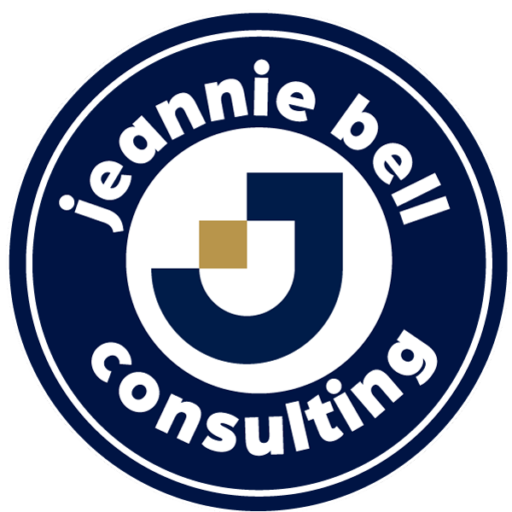Sitting through vendor pitches is tough. Evaluating which solution best optimizes your stack is even tougher.
The Post-Purchase Process is More Difficult
There’s more to successfully incorporating new technology than simply buying it. From procurement to implementation, these considerations can help you maximize return on investment:
Ensure Strategic Alignment
Development work like strategic plans often precedes new tech. Do priorities and roadmaps align with expected launch dates? Paying for unused software wastes money. Ensure foundational elements like brand promises are in place first.
Assemble the Right Team
Every new platform needs an internal champion to monitor performance, request resources, evangelize value, and determine ROI. Invest in training or external experts to extract full value. Lacking expertise internally risks underutilization.
Integrate Systems and Data
Most marketing tools aren’t islands. They require connections to other systems and quality data inputs to function optimally. Scrub data beforehand and thoroughly vet integration capabilities to avoid issues.
Focus on Overall Value
Resist choosing vendors on cost alone. The cheapest option may lack critical capabilities long-term, like support infrastructure and product innovation. Conduct competitor analysis and audit features against usage to right-size payments.
While simple, these considerations are easily overlooked by resource-strapped marketing teams. Taking the time to evaluate thoroughly pays dividends for SMBs in time, headaches, and capital.



